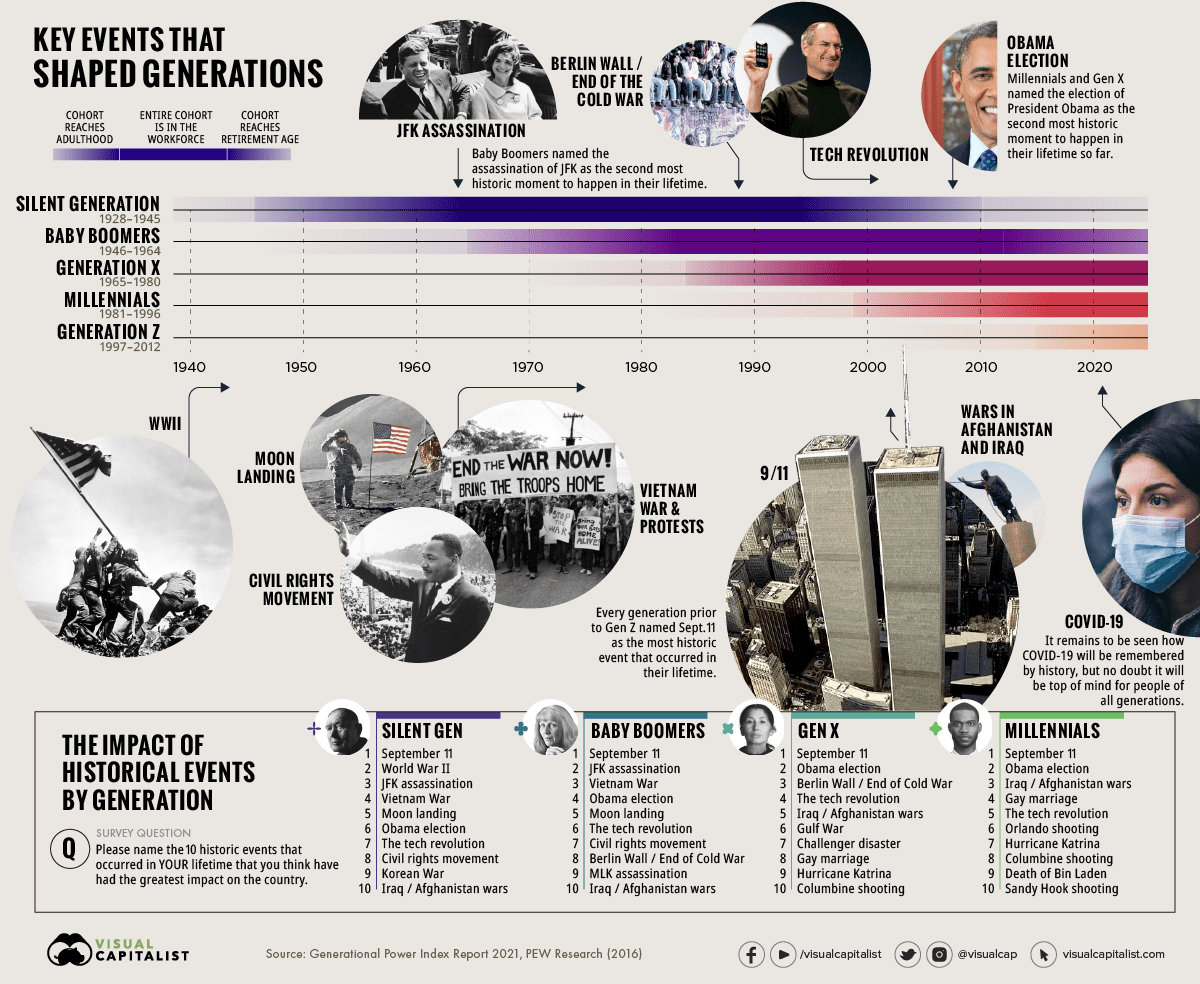Elections have been instrumental in shaping the world as we know it today. The ten most impactful elections listed in this article have played a vital role in ushering in new eras of government, democracy, and social change. From Washington’s peaceful transfer of power to the birth of the modern welfare state and the struggles for democracy in Hong Kong, these elections demonstrate both the power and the challenges of democratic institutions. As citizens, it is our responsibility to use our votes wisely to uphold the principles of democracy and freedom that shape our modern world.
10 Most Impactful Elections in History
Throughout history, elections have played a crucial role in shaping the world. From revolutions to reforms, from war to peace, the choices we make when we cast our votes can have a profound impact on our societies, economies, and political systems. In this article, we will take a look at the ten most impactful elections in history and their far-reaching consequences.
1. The Election of George Washington, 1789
When George Washington won the first presidential election of the United States, he set a precedent that would last for centuries: the peaceful transfer of power from one leader to another. Washington’s commitment to democratic principles helped establish the young nation as a beacon of liberty, and his leadership during the American Revolution shaped the course of history. His presidency marked the beginning of a new era of government that continues to this day.
2. The French Revolution, 1792
The French Revolution had a profound impact on French society and Western politics. The election of the National Convention in 1792 marked the transition from a monarchy to a republic, and the subsequent Reign of Terror led to the execution of thousands of people. The Revolution gave birth to modern nationalism, laid the foundation for the development of modern democracy, and inspired similar movements throughout Europe.
3. The Election of Abraham Lincoln, 1860
Abraham Lincoln’s victory in the presidential election of 1860 sparked the secession of several Southern states and ultimately led to the American Civil War. Lincoln’s leadership during the war, his emancipation of slaves, and his vision for a reunited nation helped transform the United States into a modern industrial power and a global force for democracy.
4. The Russian Revolution, 1917
The Russian Revolution was a turning point in world history that led to the rise of the Soviet Union and the spread of communism. The elections held after the Revolution established the Bolsheviks as the ruling party, and the subsequent civil war and economic reforms transformed Russia’s traditional society into a modern industrial state.
5. The Election of Franklin D. Roosevelt, 1932
Franklin D. Roosevelt’s election in 1932 marked a new era of government intervention in the economy and social welfare. His New Deal policies helped lift the United States out of the Great Depression, established the federal government’s role in providing social security and healthcare, and laid the foundation for the modern welfare state. Roosevelt’s leadership during World War II also helped secure American victory and shaped the postwar international order.
6. The Indian General Election, 1951
The Indian general election of 1951 marked the birth of the world’s largest democracy. With over 173 million voters, the election was a testament to India’s commitment to democratic principles and peaceful political change. The election established the Indian National Congress as the dominant political force, and its leader, Jawaharlal Nehru, became India’s first prime minister. Nehru’s leadership during the early years of Indian independence helped create a modern, secular, and democratic state.
7. The South African General Election, 1994
The South African general election of 1994 marked the end of apartheid and the triumph of democracy over racism, segregation, and inequality. The election of Nelson Mandela as South Africa’s first black president was a historic moment that symbolized the country’s transition from darkness to hope. Mandela’s leadership during the post-apartheid era helped establish a new era of reconciliation, justice, and human rights in South Africa.
8. The Iranian Presidential Election, 2009
The Iranian presidential election of 2009 sparked the Green Movement, a popular uprising against the regime of President Mahmoud Ahmadinejad. The election was marred by allegations of fraud and repression, and the subsequent protests and crackdowns led to a wave of arrests, torture, and executions. The Green Movement challenged the legitimacy of Iran’s ruling elite, exposed the weaknesses of the country’s electoral system, and launched a struggle for democratic reform that continues to this day.
9. The United States Presidential Election, 2016
The United States presidential election of 2016 was one of the most contentious and divisive in recent history. The victory of Donald Trump over Hillary Clinton shocked the world and reflected the deep political polarization and social fragmentation of American society. Trump’s presidency has been marked by controversy, protests, and turmoil, and his policies on immigration, trade, and foreign affairs have had far-reaching consequences for the United States and the world.
10. The Hong Kong District Council Election, 2019
The Hong Kong district council election of 2019 was a milestone in the ongoing struggle for democracy and autonomy in Hong Kong. The election saw a surge in voter turnout and a landslide victory for pro-democracy candidates, who won over 80% of the seats. The election was seen as a rebuke to China’s growing influence over Hong Kong and a call for greater political freedom and human rights.
Conclusion
These ten elections illustrate the power and impact of democratic institutions, as well as the challenges and dangers they face. From the birth of new nations to the downfall of old regimes, from the triumph of justice to the rise of tyranny, elections have the power to shape our world in ways that are both profound and unpredictable. As voters and citizens, it is our duty and responsibility to use this power wisely and to uphold the values of democracy and freedom that make our world a better place.
